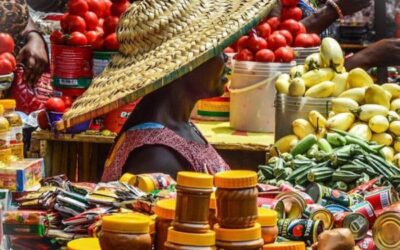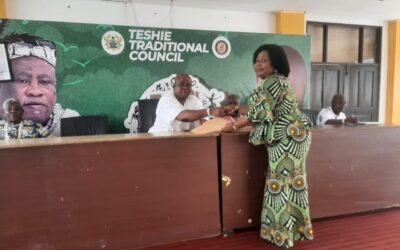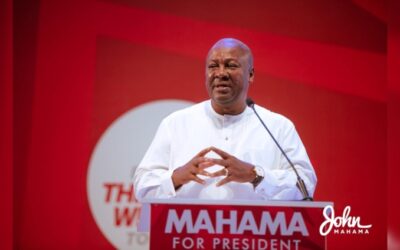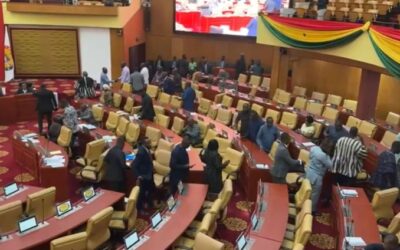By Muyid Deen Suleman
Kumasi, December 25, – The odds of a wicked President in Africa are often influenced by a myriad of factors that intricately shape the political landscape of the continent.
One pivotal factor that significantly impacts the emergence of authoritarian leaders is the historical legacy of colonialism and its enduring effects on governance structures. Countries that have a history of colonization may grapple with deep-rooted issues like corruption and power struggles, which can pave the way for the rise of despotic rulers.



For instance, in post-colonial Africa, the remnants of colonial rule have left a legacy of weak institutions and a culture of impunity, creating fertile ground for autocratic leaders to thrive.
Moreover, economic instability and inequality also play a crucial role in fostering the conditions for wicked Presidents to come to power. When a nation faces economic challenges, leaders may resort to repressive measures to cling to power and quash any form of dissent.
This can lead to widespread human rights violations and a blatant disregard for the rule of law. For example, in countries where economic disparities are rampant, leaders may exploit their positions to amass wealth at the expense of the populace, perpetuating a cycle of poverty and oppression.
Furthermore, external influences, such as foreign aid and geopolitical interests, can further complicate the landscape and increase the likelihood of oppressive regimes taking hold. Some leaders may prioritize their own interests or those of their allies over the well-being of their citizens, leading to a culture of authoritarianism and repression.
In some instances, external powers may prop up dictatorial regimes in exchange for advancing their own geopolitical agendas, thereby perpetuating a vicious cycle of tyranny and subjugation.

In conclusion, the intricate web of historical, economic, and external factors collectively shapes the odds of a wicked President rising to power in Africa. Understanding these multifaceted dynamics is imperative for addressing governance challenges and advancing democratic principles across the continent.
Only by comprehensively examining and addressing these underlying factors can Africa move towards a future characterized by transparency, accountability, and respect for human rights.
It is essential for the international community to support efforts aimed at strengthening institutions, promoting economic development, and fostering a culture of democracy to prevent the emergence of wicked leaders who jeopardize the well-being of their citizens and undermine the principles of good governance.
By fostering collaboration and solidarity among nations, Africa can overcome the challenges posed by historical legacies, economic disparities, and external influences to build a brighter future for its people.



















